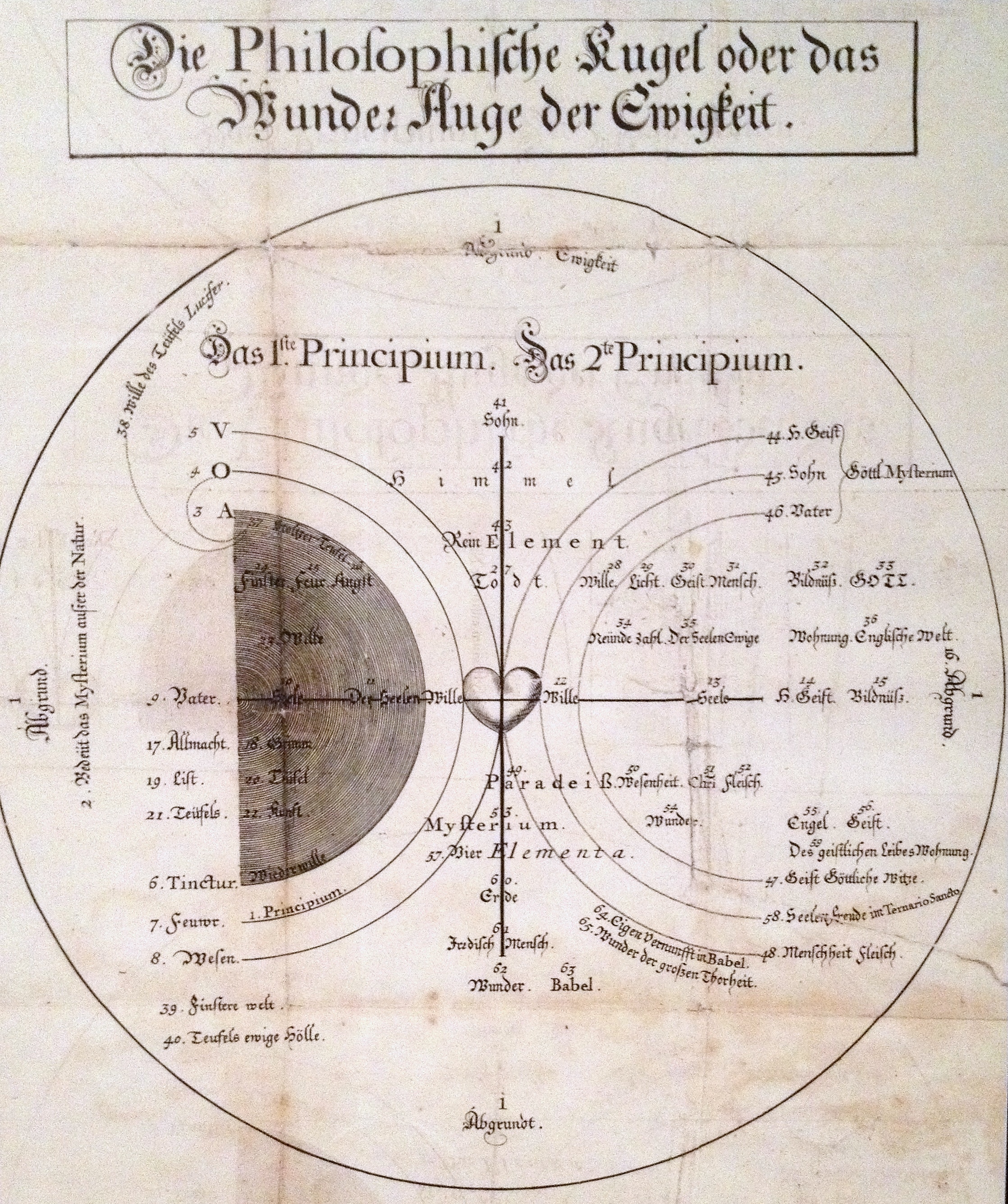Continuing with reports from the American Academy of Religion. This morning, I was able to make it to the first Western Esotericism section. There was a section on “Western Esotericism in the African-American Religious Experience” yesterday that I would have really liked to have made, but I had other obligations with the Ritual Studies group. All reports from colleagues were that it was an excellent section.
This morning, the session was on “Lived Esotericism: A Focus on the Shift between Narratives, Practices, and Experiences in Western Esotericism.” This was a diverse set of papers, all of them strong, some leaning more heavily toward methodological and conceptual reflections and others primarily reporting on the particulars of their research.
The first presentation was a very engaging discussion of who to approach the subject of Western Esotericism by Egil Asprem, “Why ‘Esotericism’ Cannot Be Lived: On Dismantling and Reassembling the Experiential Building Blocks of a Complex Cultural Concept.” Asprem proposed a method for both attending to the “lived” aspects of esoteric spirituality while giving a substantial framework for scholarly analysis. The idea of lived religion, primarily associated with the work of Robert Orsi, has been proposed as a corrective to encounter the lived reality of experience for religious actors instead of imposing upon that experience a set of external scholarly categories. The major critique of this approach has been that it risks abandoning the scholarly project of analysis through a set of general categories and substitutes for it a project of thick description of particulars. In other words, it risks destroying any sense that we can examine religion as a general human process. Asprem suggested that we can do both, by “reverse engineering” the concepts embedded in a “complex cultural concept” like “esotericism.” We can break down a term like esotericism in a set of what he called “definitional clusters,” which I took to mean groups of representational concepts around ideas that people associate with esotericism, such as ideas of forbidden or hidden knowledge, mental processes, initiation, etc. This then allows us to examine a particular case of esotericism for more generalized human processes. As an example, he suggested how we can look at Ficino’s doctrine of correspondences, so influential on Western occultism, as emerging within the life and context of the Renaissance processes and embodying a set of cognitive processes like assisting the olfactory memory, conceptual integration and blending, and even anchoring cognitive processes in material objects (as for example in the construction of talismans). Although nascent, his presentation certainly presents a potentially fruitful area of research and exploration for understanding occult processes without simply seeing them as emerging from poor application of logic or magical thinking.
The second paper was “Inscribing Experience: Jacob Böhme’s Linguistic-Corporeal Practice of the ‘Language of Nature'” by Joshua Gentzke. He discussed how Böhme tends to be read through the lens of the philosophical schools of German idealism as a kind of proto-philosopher in the German tradition and which tends to dismiss his experiential claims or to classify them as “mysticism” and thus relegating it as a kind of passive experience of ineffability. Yet, Böhme himself claims that his texts originate within his religious experiences and the text really tries to explain those experiences. Even those interpreters who take his claims of experience seriously tend to intellectualize his work, and miss what Gentzke suggests is the experiential nature of the text itself — that as an esoteric text, the writing of the text is in continuity with his religious experience, and the text is not best understood as a set of representational, propositional, or descriptive claims, but rather a practical tool in experience. Gentzke then went on to discuss Böhme’s notion of a “natural language” that overcame the representational, semiotic functions of language, and instead finds language to be an embodied engagement with experience.
The third paper was “W. B. Yeats and the Order of the Alchemical Rose” by Thomas Willard. Willard, a literary scholar, discussed the background to Yeat’s literary productions related to the image of the “Alchemical Rose.” He looked at a short story by Yeats title “Rosa Alchemica” published in a literary journal in 1896 and Yeat’s quest to build a kind of new religion or order that would bring the gods and heros of ancient Ireland in an order he thought to call the “Order of Celtic Mysteries.” He explained that Yeats and Maud Gonne started invitation people into an order, using the Golden Dawn crypt, using symbolism from the Irish tradition — a project that was abandoned when Maud Gonne announced that she would be marrying another man. Yeats tried to write a novel, unfinished, based on these experiences title “The Speckled Bird.”
The fourth paper was Erik Davis‘s “Between the Saucer and the Stone: Alchemy, Media, and Science Fiction in Terence McKenna’s Experiment at La Chorerra.” Davis looked at the “experiment at La Chorerra,” in which Terence and Dennis McKenna’s experiment with various psychedelic substances in Columbia. He examined how the brothers took the elements of their experience to develop an construct a conceptual vocabulary for systematizing elements of their psychedelic experience. He pointed out how Terence McKenna integrated ideas like “resonance,” taken from Marshal McLuhen, elements of hard science fiction, and alchemical concepts found primarily in Jung’s work. What he made clear was the textual and social dynamics sitting behind the McKenna’s experience, and understanding the psychedelic experience as often embodying and expressing itself through such tradition.
Finally, we hear from Alastair Lockhart, who spoke on “Implementing a Mass-Market Esoteric Healing in the Twentieth Century.” Lockhart does research on the archives of a relatively small group in England called the Panacea Society. He gave an overview of the history of this interesting group, and then discussed a mass marketing campaign they used to distribute their esoteric method of healing with a kind of healing water they distributed to heal the body and soul, a campaign that became very popular throughout England until the society closed in 2012.

